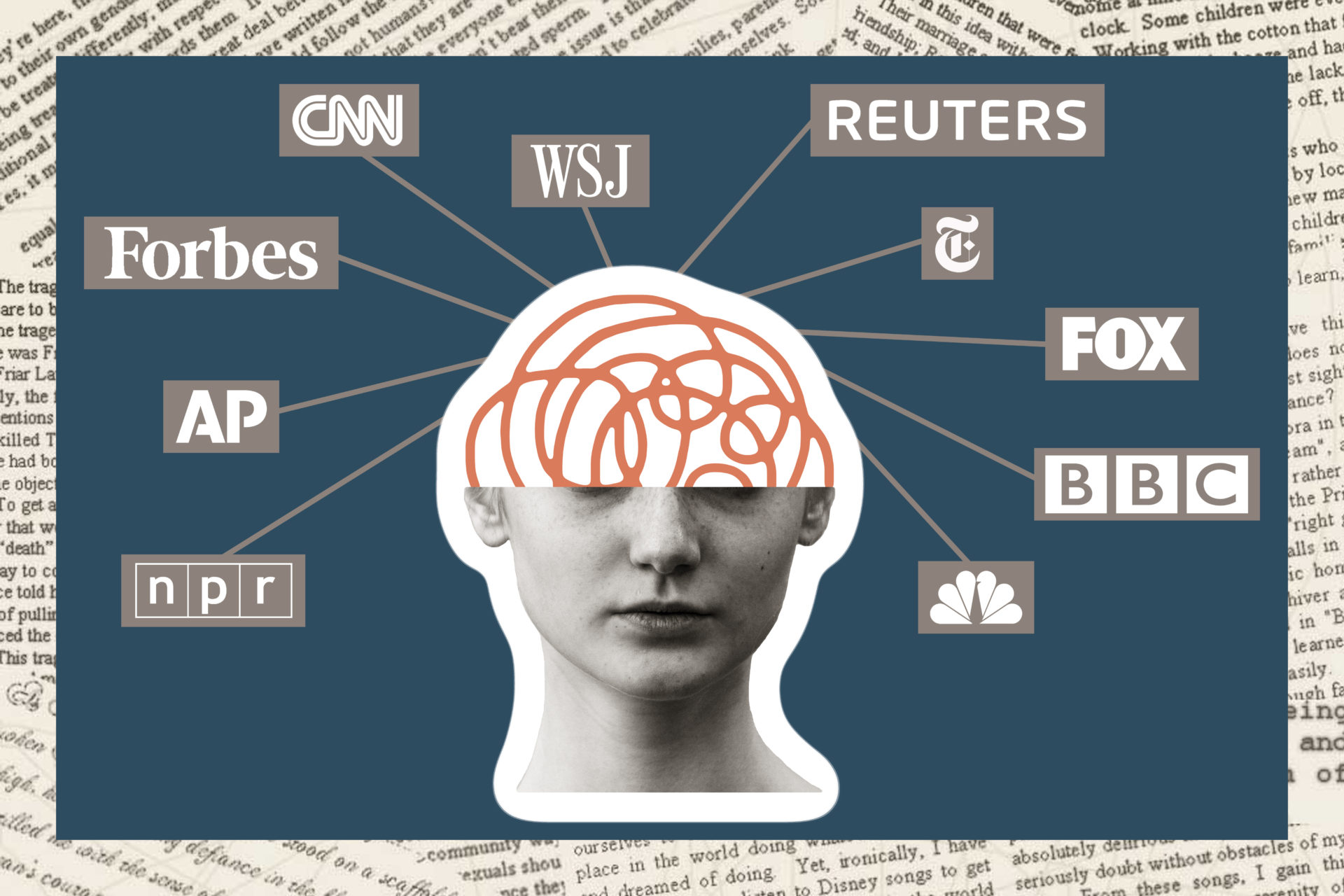
(Maggie Stout/TommieMedia)
Impending national elections. Climate change debates. The worldwide refugee crisis. These are a few topics that are repeatedly present in news headlines and that, often times, are incredibly negative.
With news apps and social media, it feels like we are on a 24-hour news cycle, endlessly encountering updates and breaking stories. It is nice to be informed. It allows us to participate in current societal discussion, and we can change or strengthen our opinions with up-to-date information.
But whether seeing the news through direct means (actively watching the news or scrolling through a journalist’s Twitter) or indirect ways (notifications from news apps or some random relative’s posts on Facebook), we are bombarded with information, some of which is not beneficial or relevant to our individual lives.
Staying informed is not inherently detrimental, and neither is the news, but it is important to recognize the role it plays in our lives.
With the influence of social media and certain streaming platforms, news companies may be focused on presenting shocking or more visceral stories, knowing that those stories will garner more media attention. It will result in content being shared, thus bringing more recognition to the news organizations. To make them more intriguing to viewers, smartphone or audio clips are attached to stories. Yet, this runs the risk of adding too much intensity to the story, meaning it is more information or visuals than the viewer really needs.
This shocking and ever-present negative tone plays to our negativity bias. Humans are wired to pay attention to negative news. It is rooted in our survival instinct. By focusing on threatening stimuli, we can avoid danger and prevent harm to ourselves and those around us.
This translates to modern news consumption in that we are more likely to pay attention to the news coverage that is more negative, as it has greater implications for our lives and the world we live in. While a happy story about high schoolers volunteering at a local animal shelter is nice, it does not pose a threat. It is not imperative that individuals hear it.
Over-consuming news, particularly stories that have negative tones, can be detrimental to our well-being. For example, receiving information about climate change, whether that is the inaction of leaders or recent scientific reports, can be stressful, leading to anxiety and, potentially, depression-like symptoms.
In an article for TIME, Markham Heid says that increased anxiety and stress due to news consumption can lead to physical ailments. He writes, “Stress-related hormones, namely cortisol, have been linked to inflammation associated with rheumatoid arthritis, cardiovascular disease and other serious health concerns.” This is the same as a “normal” stress experience in anyone’s life, but worry due to current events is something that could be entirely avoided.
Again, watching the news and keeping yourself up-to-date does not have to be bad—it can be good in many ways. But regulation is the key. We have to find our personal boundary for how much news and what kind of news we take in.
For me, I only read the news every few days and try to limit how much I see from Twitter. It is about finding the right balance, and I have found that less is more. I understand being up to date and enjoy when I have a general understanding of what’s going on, but it is also important to limit stress that doesn’t come from everyday things like school, work and relationships.
Maddie Peters can be reached at pete9542@stthomas.edu.

I enjoyed reading your article. I try not to get to wound up by the news but the impeachment inquiry is history making!
However, I record it all and fast forward thru what has been been said repeatedly by the witnesses. Also I do get off the couch and try to get my steps in! I listened to part of your podcast as well.